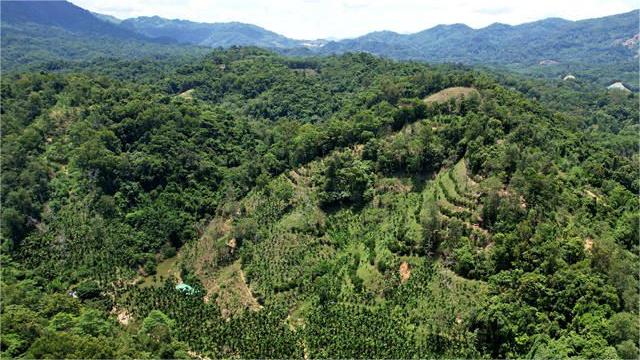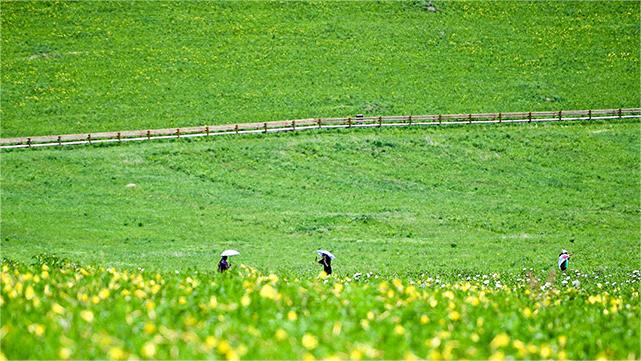China says U.S. should remove self-imposed obstacles to lunar research cooperation
BEIJING, June 27 (Xinhua) -- China's space agency on Thursday said the United States needs to remove its self-imposed barriers that have hindered collaborative efforts of the two countries' scientists in the space sector.
At a press conference in Beijing, Bian Zhigang, deputy head of the China National Space Administration (CNSA), responded to an inquiry about the possibility of American scientists investigating the samples retrieved by the Chang'e-6 mission from the far side of the moon.
"China has always been open to exchanges and cooperation with the United States in the field of space," said Bian. "However, the current challenges primarily stemmed from U.S. domestic legislation such as the Wolf Amendment."
In 2011, the U.S. Congress passed a law known as the Wolf Amendment, prohibiting U.S. government agencies, including NASA and the White House Office of Science and Technology Policy, from cooperating with China on space activities.
China welcomes researchers from all countries to submit applications according to the CNSA procedures, according to Bian.
"American scientists do hold the prospect of investigating the samples collected in the Chang'e-6 lunar mission. If the U.S. side sincerely hopes to promote cooperation between the two countries, it must take practical measures to remove these obstacles," he said.
Noting that China's remarkable achievements in space are a testament to the dedication and ingenuity of its own people, Bian said that the Wolf Amendment had failed to deter China's progress but inadvertently created a stumbling block for the United States itself.
Scientists have published more than 1,900 papers using data from China's lunar exploration missions, according to Bian.
China encourages Chinese and foreign scientists to collaborate on scientific research involving lunar samples and data, striving for more original and groundbreaking results, he said.
Nevertheless, the official cited some examples of the two country's collaborative efforts, such as the establishment of an intergovernmental dialogue mechanism for civil space cooperation.
Also, in response to U.S. requests, the CNSA has initiated an exchange mechanism for Mars probe orbital data, a framework designed to evaluate potential collision risks for all Mars probes in orbit, he added.
Photos
Related Stories
- China plans new deep space exploration missions
- Xi hails success of lunar mission
- Commentary: Chang'e-6 mission sheds new light on humanity's journey into space
- Chinese researchers discover naturally occurring few-layer graphene in the Chang’e-5 lunar samples for 1st time
- Stunning Earth images captured by China's Tiangong space station
Copyright © 2024 People's Daily Online. All Rights Reserved.









